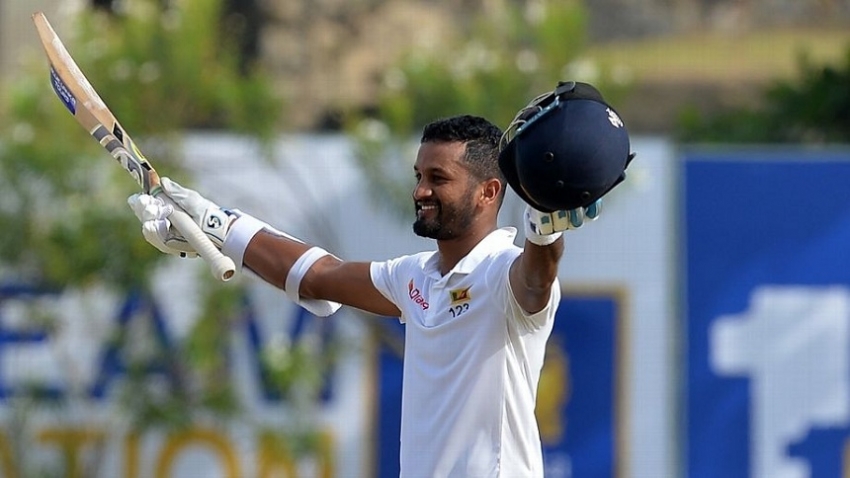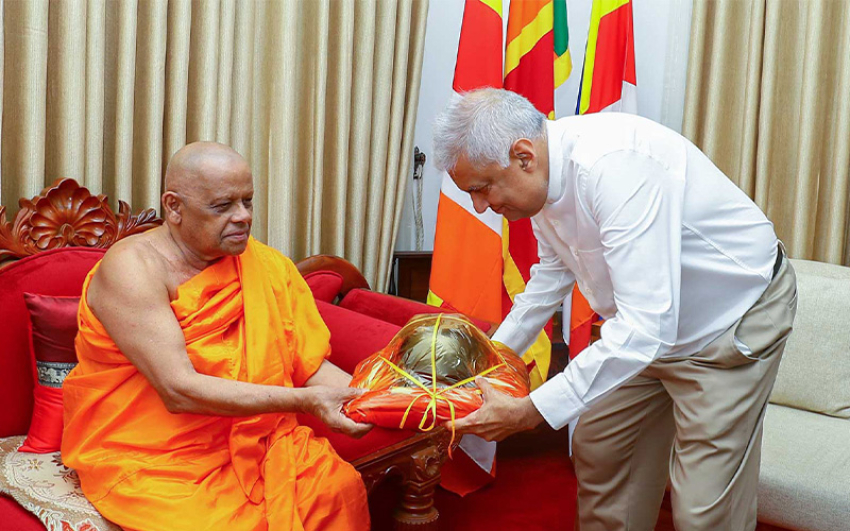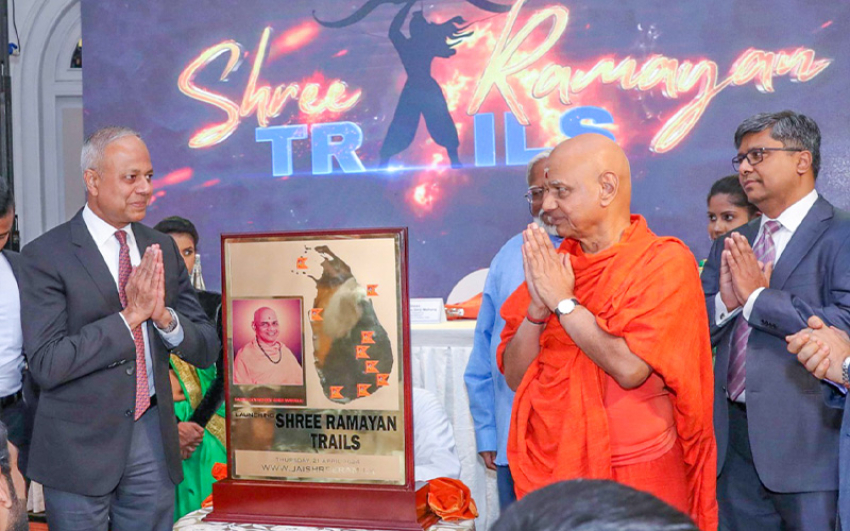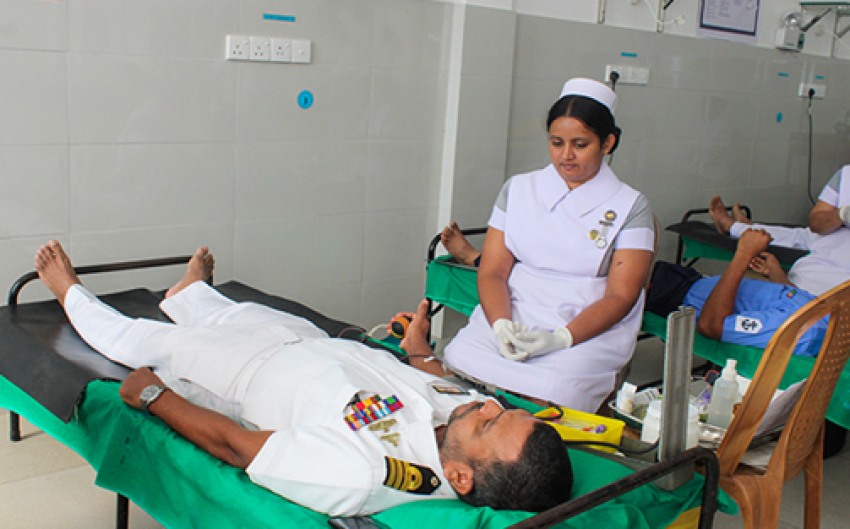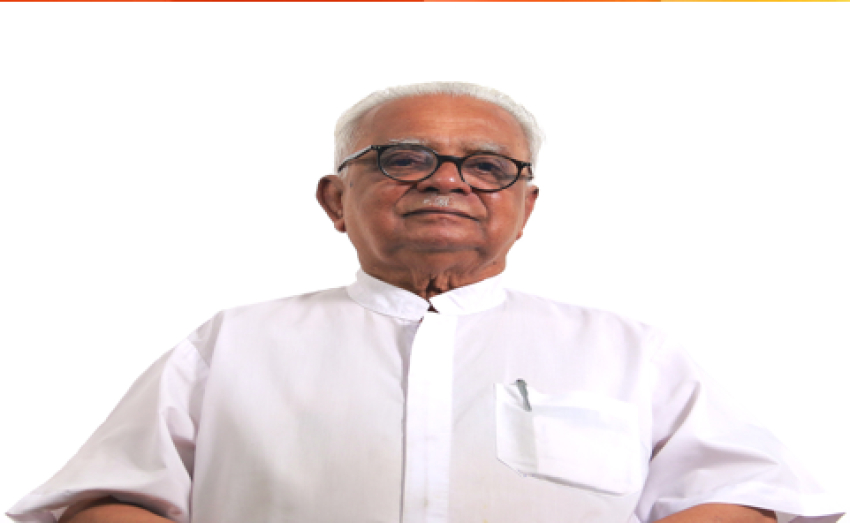Last time you played at Hagley Oval you made 152 in the second innings. What's it like to come back years later to a ground where you've had success?
When you go to a place that you're unfamiliar with, it's normal to have a lot of doubts. You don't know the conditions either. But this is a place where I've spent a lot of time at the crease. I know at what times batting will be tough, and what times they will ease up. You remember how you started the innings you did well in. You know how you consolidated. When you have that knowledge about the wicket it can make things a lot easier, but then there's also the climate to consider.
There's another side, though. It can be a disadvantage as well. If you think too much about it being a place you've done well, your concentration can be poor. You've done well before, but that's not a guarantee. You've got to start from zero to get another score.
ALSO READ - How Dimuth Karunaratne uses other players to get ahead
What kinds of things did you learn from that 2014 innings?
That was my first hundred in Tests, and that's where I learned how to play those kinds of big innings. That's where I got the desire to try to go big again. Before that, I'd been getting 40s, 50s, 60s - scores like that - and I sort of thought that the team had got what it needed from me. But when I got a hundred against a pace attack like that, on a greentop, that was something else.
People started to talk about that innings as well. Prior to that I'd played about 15 Tests and hadn't hit a hundred, but never got the kind of attention that I did after playing this knock. So there's a hunger to play big innings on tough wickets, and to put a big price on your wicket. I'd also faced 360-odd balls during that innings. In my lifetime, in any cricket, I hadn't faced that many balls in an innings. The more I spent time at the wicket, there were a lot of revelations - that this is really what Test cricket was about. Before that, I was sort of playing like I was still at club level, just going there, playing and coming. A lot of thinking changed after that innings.
Given this hankering for big scores, you must have been disappointed to get out for 79 in the first innings in Wellington?
What I have to say about that dismissal is that I had a clear plan. There was a bit of variable bounce in that pitch, so it was a bit tough to leave the short balls. I remember last time in New Zealand, I was batting in Hamilton and I was in survival mode, and on that occasion I didn't get to score any runs, and I still got out. Here I was quite clear about attacking certain balls so long as I made sure to control the shot and hit it along the ground. My plan was good, but my execution was bad - I picked the wrong ball. It was one that was passing quite far outside the line of my body (he was caught down the leg side). But the plan was good.
You were out really cheaply in the second innings, playing a hook shot…
In the second innings, I really was in survival mode, because it was the last few overs of the day. I was intent on staying at the wicket, and not in a positive frame of mind. It wasn't a shot that I played intentionally, actually. Just automatic. Soon as I played it I regretted it. So the thing I take from that Test, is that the mindset I had had in the first innings - to be clear about which balls I'm attacking and which shots I will play - is much better than the survivalist mindset in the second innings.
Dimuth Karunaratne lays into a pull Getty Images
You like your batting stats and numbers, but did you know you were the fifth-highest run-scorer so far this year?
Yeah, of course.
Last year you'd made over 1000 runs. How are you feeling about putting up another good set of scores this year, especially considering there are no openers higher than you on that list?
I'd actually targeted 1000 this year as well, because as far as I know, no Sri Lankan has done it in consecutive years - only Kumar Sangakkara has (in fact, even Sanga hasn't quite managed the feat in consecutive years, though he did get to 1000 in five separate calendar years). So when I got 1000 last year, people were reminding me that doing it back-to-back would be incredible. Unfortunately because of a hand injury I missed six innings, so that made it tough. But I still gave it a shot, looking at the numbers after every innings, and working out what my average would have to be in the innings that I had left.
"Just because you're confident, it doesn't mean you'll succeed. That's not how cricket goes. Like I said earlier, if you rely on confidence, there's a chance you can relax."
Dimuth Karunaratne
Now I still have to get almost 270 (laughs)! But I'll still give it a try. I'm not letting it go. Who knows, sometimes you play two good innings. You never know in cricket - it's not impossible is it? If I get to 1000, then maybe I can finish in the top three for this year.
On the average front and the other stats, I'm pretty happy with what I've got this year. Man, those three matches I missed - those were a big loss. But what I was able to do for the team, I'm happy about that. Giving the team what it needs from me as an opener - that's what is really valuable to me.
You're a senior in the team, and even took over the vice-captaincy for this series. What sorts of things are the more junior players asking you? What are you telling them?
Dhananjaya de Silva and Danushka Gunathilaka have talked to me quite a bit. I've told them what I know, which is how to get past that first 15 overs, which is really the toughest thing about batting in New Zealand. The seam, swing and getting used to the pace and bounce - it's in those vital 15 overs that you do all of that. Then the ball settles quite quickly, once it goes soft. The side-to-side movement gets much easier to handle. Then what the wicket has is bounce, which is why they use people like Neil Wagner and come at us with the short ball. If the ball was still seaming they would just keep bowling full.
So what I've told Danushka and Dhananjaya is to watch their shots for the first 15 - to play straight and avoid risk. Instead of playing powerful shots, just push the ball into gaps. There are twos and threes to be made there. If you go looking for runs that aren't there, that's where you get into trouble. The other thing is to rotate the strike and get down the other end. Then the bowler also can't settle against the same batsman. Those are the ploys that have helped me out here. The top order needs to get through those tough periods to give the middle-order batsmen a platform to build big innings.
A few batsmen got runs in Wellington. Are you going into the second Test a lot happier as a batting group?For sure. If you get a 70 or 80 in these kinds of conditions, it's worth 100-plus in most other places. You've got to work hard. You leave and leave and leave, and wait for the loose one to score off. Keeping concentration for that amount of time is tough. A 70 or 80 can have a big impact on the final result.
If you look at Kusal [Mendis], he'd been failing for a bit, but if you look at him in the side nets now, he's hitting the ball really confidently. Angelo [Mathews] has scored runs since the England series as well, and he knows how to deal with various situations. And in the younger group, Niroshan Dickwella - who's a player who goes to his natural attacking game quite often - produced a really important, responsible innings in that first innings in Wellington. He kept the tail at one end and scored runs. That was vital.
But then just because you're confident, it doesn't mean you'll succeed. That's not how cricket goes. Like I said earlier, if you rely on confidence, there's a chance you can relax. This is a different wicket in Christchurch. There's grass, bounce and pace. You've got to work that much harder. You have to get through the nerves. No matter what you did in the last match, you have to start your innings again.

